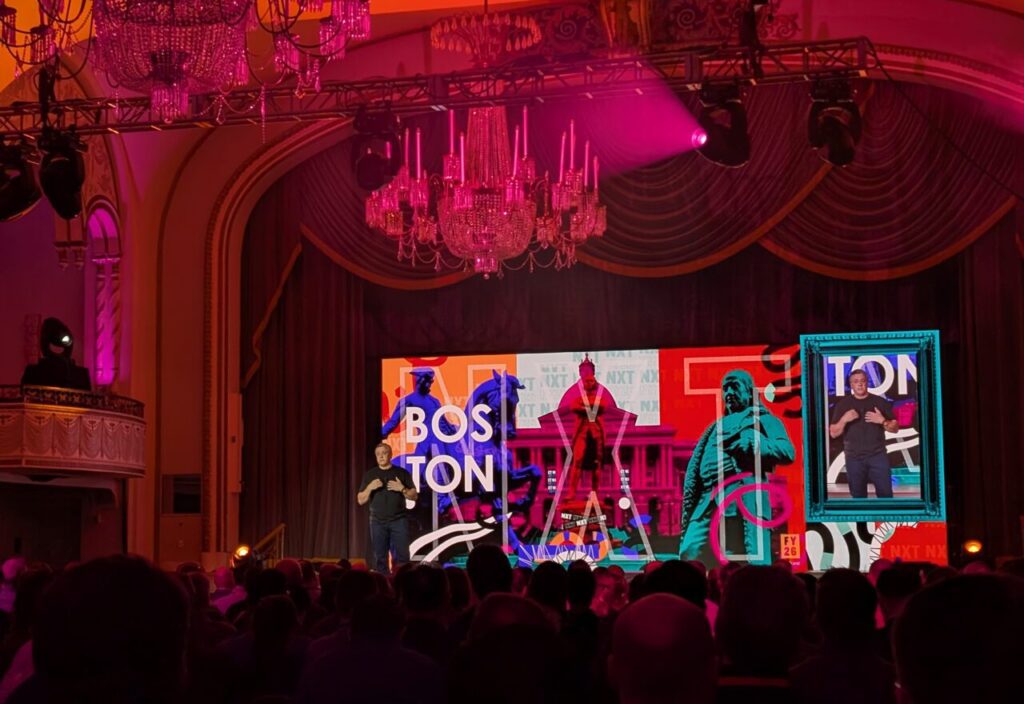Unlike Superman or Wonder Woman, Batman doesn’t have special powers. Still, many consider the Dark Knight to be one of the great superheroes, if not perhaps the greatest. Why? It could be because he often outwits villains using little more than one of the most essential tools at his disposal — information.
Wizard Entertainment is taking a page from Bruce Wayne’s alter-ego’s casebook. The Congers, NY-based comics, gaming and animation hobby magazine publisher is building an enterprisewide database to leverage its relationship with fans and cross-sell different product lines.
The 300,000-name file is expected to be up and running by early 2003, says Gareb Shamus, chairman, CEO and founder. The database will consolidate files from the company’s three monthly magazine titles — Wizard, InQuest and ToyFare — as well as names of product buyers and convention attendees.
In the past, names in the file have been tagged with information like where the person came in from, what was ordered and the size of the order. “Now we’re setting [the file] up to have a complete profile of the consumer,” says Shamus, who first published Wizard in 1991.
The magazine has a monthly circulation of 200,000, and is published in five languages and 40 countries. Shamus learned about the business side of the hobby when his mom opened a comics and card store in Nanuet, NY about 20 years ago. Working out of his parents’ house, he started Wizard after graduating college.
ToyFare, for toy collectors, and InQuest, for collectible card and role-playing-game enthusiasts, each have a monthly circulation of about 80,000. Anime Invasion!, which covers Japanese animation, is published six times a year and has a circulation of 75,000, and Toy Wishes, a buyers guide, appears twice a year with a circ of about 400,000. The magazines’ overall average breakdown is 13% subscribers, 40% newsstand/mass market and 47% hobby stores.
About six years ago, Wizard got into the convention business by acquiring the industry’s second largest show, the Chicago Comic Con. “It was a great way to expand what we do in the industry from a marketing perspective,” says Shamus. “We realized we would be able to create a ‘live event’ version of the magazine.” Attendance at the show has grown from about 5,000 people when it was acquired to over 40,000 over three days this July.
This spring, the company launched its second annual Wizard World show in Philadelphia, attracting 20,000. A third conference in Dallas will be held in November 2003.
Outside of Toy Wishes, Wizard’s core readership is men in their late teens or early 20s. While women are more likely to attend one of the conferences — often with a boyfriend or child — Shamus says the company isn’t trying aggressively to expand into other audience segments.
“We’re trying to maintain our core. There’s still a lot of product categories for us to get into,” he says. “What we’re doing is trying to leverage our existing base into new markets, like anime. It’s more effective for us to figure out ways to service our market more than to try to expand [it] right now.”
One way Wizard is doing that is by contracting with comic book and toy companies to produce limited edition products that Wizard can offer for sale exclusively through its magazine. From a marketing standpoint, there’s no cost other than to create a coupon to print in the magazine, notes Shamus.
One recent example is an exclusive “Simpsons” Boxing Homer action figure, produced by Playmates Toys. The $16 product, limited to 15,000 pieces, was offered in ToyFare and Wizard and sold out instantly. “It gives people a reason to buy the magazine and helps generate revenue,” he said.
Because it can effectively promote products in the pages of the magazines, the company doesn’t do print direct mail. It does, however, mail an e-newsletter each week to a list of 250,000 names of people who either subscribed to one of the magazines, registered on the Web site (www.wizardworld.com), purchased a product or attended a conference.
The newsletter gives a quick update on industry news stories, specials from the online store, and information about new products available that week. Renting e-mail lists to expand the online marketing universe is under consideration, notes Shamus.
The ROI of e-mail efforts isn’t closely tracked by the company. “They’re so low cost, it almost doesn’t matter,” he says. “If it’s a few hundred bucks, the reality is its so few dollars and all of our offers sell out, either because we keep them fairly limited or we know based on prior offers what to order. It’s either (a) a cost of marketing or (b) it helps sales, and we would do it either way, because it’s important to let people know.”
Wizard will look at appending variables like e-mail addresses or lifestyle data to the file as needed. The company will also track purchasing history and interest in specific comic book characters. This is particularly helpful, says Shamus, as lines are becoming increasingly blurred between the company’s various niches. Many characters have comics or toy lines and appear in video games, he notes. That means a limited-edition product like a HeroClix game figure of the X-Men’s Wolverine can be offered successfully in all three publications.
In the future, products may also be created and offered exclusively to customers who ordered similar items in the past, he says, adding that products made for exclusive distribution at a convention to drive show attendance are also a possibility. “We need to determine the market desire.”
Wizard hasn’t yet tracked the percentage of its multibuyers across several product lines, but Shamus suspects the number is quite high, given the sell-through of exclusive products offered. Lifetime value is another variable that hasn’t been tracked, although he notes fans often tell him at conventions that they’ve read the magazine from the beginning 11 years ago.
No specific campaigns are planned yet to tie in with the new database. “We have exclusive offers coming out almost on a weekly basis. When we’re ready we’ll have product ready to [test],” he says.
Considering that a chunk of Wizard’s readership are minors, privacy is a major concern when handling data. “Readers get the sense that we’re they’re friend, and we wouldn’t want to do anything to a friend of ours that we wouldn’t want done to us,” he says. I’ve been lucky enough to build the kind of company I want to work for and that’s carried through to how we treat our customers.”
Shamus says that while times have been tough for publishing in general, several factors have helped Wizard. Paper prices have been way down, he notes, meaning magazine printing costs haven’t skyrocketed. And since the majority of the magazines’ circulation is through newsstand and hobby stores, the postage rate hikes haven’t had a significant impact.
But the biggest hero in Wizard’s favor has been the tremendous growth in comics, science fiction and fantasy-related entertainment properties. “Spider-Man,” “Lord of the Rings,” “Harry Potter” and “Men in Black” were all hits at the box office in the last 12 months, and three Marvel Comics superhero franchises — “Daredevil,” “The Incredible Hulk” and “X-Men” — are slated to hit the big screen in 2003. By all indications, it seems like a good time to be in the cape-and-tights game.
 Network
Network

